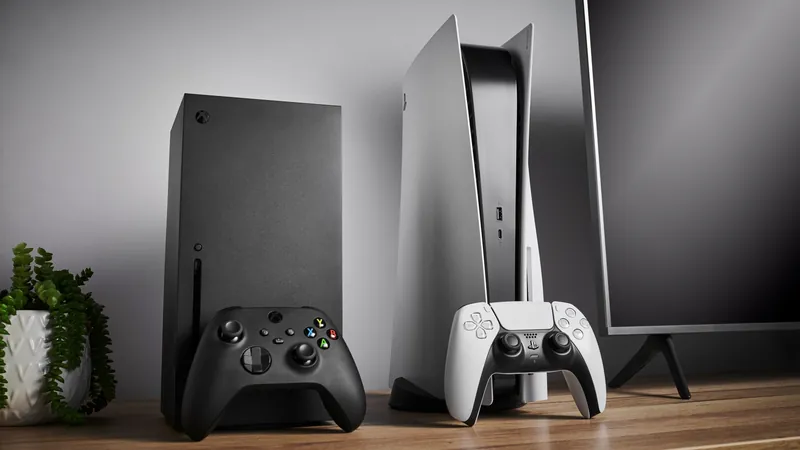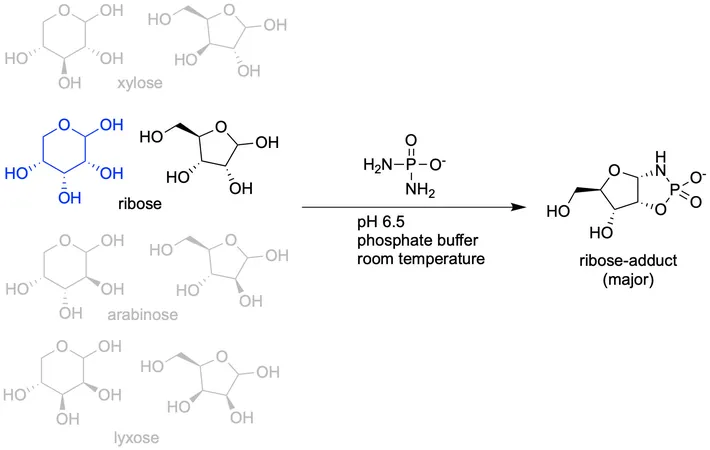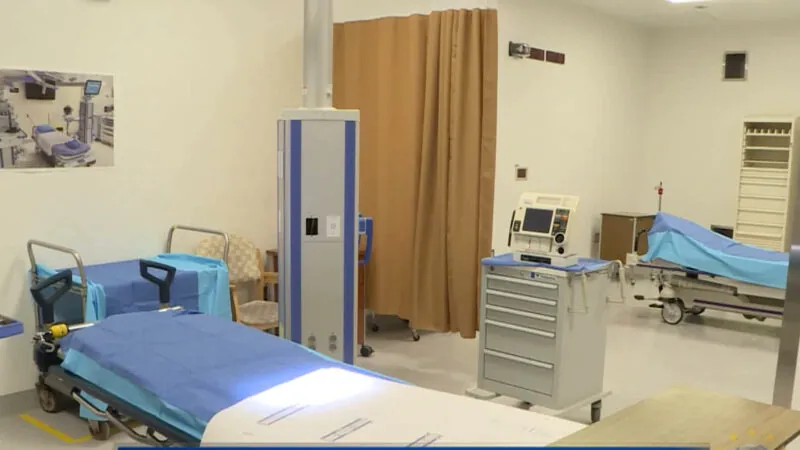
Unlocking Cognitive Resilience: Grip Strength, Walking Distance, and Memory in Older Adults with Mild Cognitive Impairment
2025-07-02
Author: Michael
The Growing Challenge of Cognitive Decline
As our global population ages, cognitive decline is rapidly becoming a pressing public health concern. Recent statistics reveal a staggering 15.56% of individuals over 50 suffering from mild cognitive impairment (MCI), with this rate skyrocketing as people get older.
Understanding the Impact of Memory Loss
Working memory, crucial for everyday activities such as learning and reasoning, is notably impacted by aging. Studies show that its decline often begins in middle age and becomes pronounced after 60, frequently serving as an early indicator of neurodegenerative diseases like Alzheimer’s.
The Nervous System and Cognitive Health
Research indicates a strong link between working memory and the functioning of the prefrontal cortex, which is particularly sensitive to the effects of aging. As seniors age, this brain region can shrink, weakening information transmission and leading to cognitive decline. Using advanced techniques like functional near-infrared spectroscopy (fNIRS), scientists are revealing the connections between brain activity and cognitive functioning in older adults.
Exercise: A Potential Lifeline
Physical activity plays a vital role in promoting cognitive health. Evidence suggests regular exercise can enhance blood flow to the brain, boosting prefrontal cortex activation and potentially delaying memory decline in older adults with MCI. While both aerobic and resistance training show promise, studies indicate that a combination of both may deliver superior benefits.
Exploring the Grip Strength Connection
Grip strength, surprisingly, is emerging as a key indicator of cognitive health. Research shows that older adults with lower grip strength often exhibit poorer working memory and may experience brain atrophy. This phenomenon is encapsulated by the ‘muscle-brain axis’ theory, positing that physical strength affects cognitive decline.
Study Insights: Grip Strength, Walking Distance, and Memory Performance
A recent investigation into older adults with MCI found that grip strength and walking ability (measured by a 6-minute walking test) significantly correlate with cognitive function. Participants with better muscle and cardiovascular health displayed superior working memory performance.
Breaking Down Study Findings
1. Older adults with stronger grip and longer walking distances showed improved performance on working memory tasks, particularly in low-memory load situations.
2. The study found a notable trend: participants categorized as having strong grip strength and excellent walking endurance also demonstrated higher prefrontal cortex activation during cognitive tasks.
The Path Forward: New Directions for Cognitive Health
The implications of these findings are profound. Tailored interventions that focus on enhancing muscle strength and cardiopulmonary function could become key strategies in combating cognitive decline in older adults. Future studies aim to explore the intricate connections between physical fitness, cognitive load, and brain activation patterns, potentially leading to innovative therapies.
Conclusion: A Call to Action
As we push forward into an aging world, understanding the interplay between physical health and cognitive function will be essential. This study not only highlights the significance of grip strength and walking ability in memory but also paves the way for future research dedicated to improving the quality of life for older adults battling cognitive impairment.









 Brasil (PT)
Brasil (PT)
 Canada (EN)
Canada (EN)
 Chile (ES)
Chile (ES)
 Česko (CS)
Česko (CS)
 대한민국 (KO)
대한민국 (KO)
 España (ES)
España (ES)
 France (FR)
France (FR)
 Hong Kong (EN)
Hong Kong (EN)
 Italia (IT)
Italia (IT)
 日本 (JA)
日本 (JA)
 Magyarország (HU)
Magyarország (HU)
 Norge (NO)
Norge (NO)
 Polska (PL)
Polska (PL)
 Schweiz (DE)
Schweiz (DE)
 Singapore (EN)
Singapore (EN)
 Sverige (SV)
Sverige (SV)
 Suomi (FI)
Suomi (FI)
 Türkiye (TR)
Türkiye (TR)
 الإمارات العربية المتحدة (AR)
الإمارات العربية المتحدة (AR)